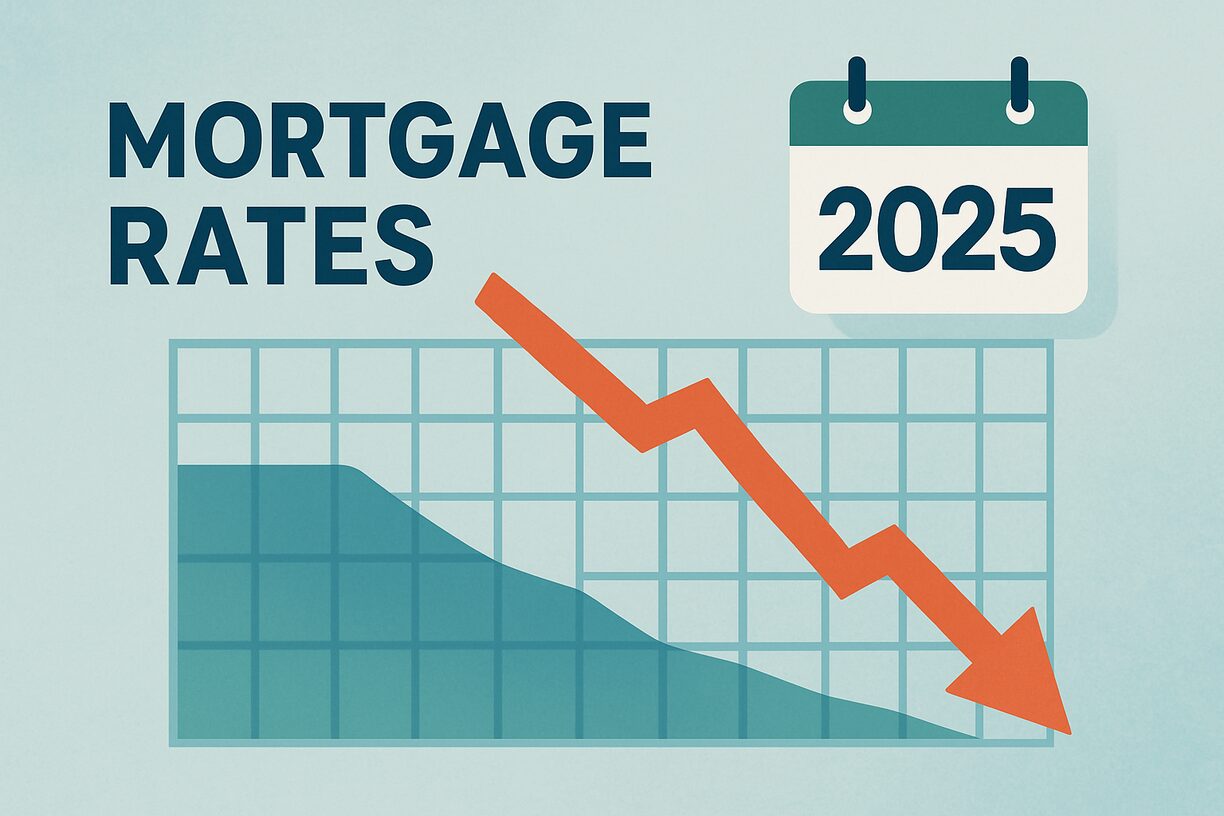Maximizing Real Estate Returns in an Inflationary Economy: 8 Investment Strategies
August 17, 2023

Real estate has long been regarded as a safe investment because property values tend to rise over time. But is purchasing real estate during inflationary times really a sensible move?
Surprisingly, real estate income has consistently outperformed inflation for the past 25 years, indicating that property remains a secure option. However, it is important to understand how to maximize your investment during inflationary periods.
Now, let’s delve into the impact of increasing prices and how you can use them to your advantage when investing in real estate during inflation.
Focus on cash-flowing properties
Choosing homes with a high cash flow is a sensible move. During times of inflation, investing in rental properties offers a reliable revenue stream. Commercial real estate and multi-family dwellings should be taken into account because they can improve cash flow. It is important to regularly review the financial performance of your properties using accounting tools and software. Specialized software, such as property accounting software, can further enhance your control over your investment budget and help with location-specific factors like property taxes.
You Can Read Also: Ultimate Guide: Top Tips & Advice for Buying Property in the USA
Consider fixed rate financing
Since inflation can fluctuate, it is wise to secure a fixed interest rate for the money borrowed. Regardless of any rises in interest rates from the Federal Reserve, this rate will remain constant for the whole duration of the agreed-upon term. By choosing a fixed-rate loan, you can take advantage of any property value increases while your borrowing costs remain constant. Although the initial cost can be more than with a variable rate, your spending will be much more predictable.
Diversify your real estate portfolio
It is advisable to diversify your real estate investments to reduce risk and increase possible rewards. Consider integrating commercial real estate and vacation rentals in your portfolio as alternatives to investing primarily in one kind of property, such as residential real estate.
Additionally, search for properties in other areas. This not only spreads your risk over other markets, but also enables you to profit from various economic trends and conditions in various geographical areas. However, it is crucial to thoroughly investigate and comprehend the legal and tax needs of the nation you are thinking about investing in. The laws and regulations of other nations may differ, which could affect your investment.
You Can Read Also: Do You Need a College Degree to Become a Successful Real Estate Agent?
Invest in real estate (and development opportunities)
Invest in tangible assets like land and construction projects. Before making a purchase, make sure the property will be a profitable investment. One option is to buy houses with potential and renovate them before selling them. Another option is to purchase land and develop it or hang onto it till the market is favourable for building. Especially for people with DIY or building knowledge, developing or remodelling a house can be a rewarding side hobby. To manage funds and handle crucial issues like tax compliance, it may be worthwhile to invest in solutions like construction industry accounting software. However, keep in mind that property development demands a lot of time and attention.
Plan for property appreciation
If you invest now, you will reap the greatest benefit from growing housing prices before the market cools. You can also explore increasing the value of your property by upgrading it and charging a higher rent or sales price. Inflation increases the value of your house and provides passive equity, but if interest rates decrease, a cash-out refinance may be a sensible decision.
Factor inflation into rental rates
If you paid a higher amount for a new property, you could make up the difference by charging a higher rent. If you have had rental properties for a time, you can raise the rent to reflect inflation and pay for your own living expenses. Just be careful to decide on a reasonable market pricing. To make it simpler to find tenants, you should make sure that the type of real estate you buy in is highly sought-after in the neighbourhood you have chosen.
Consider shorter lease terms
If you sign a short-term lease, you can increase your rent faster. Short-term rentals, or STRs, are frequently holiday or vacation houses, but they don’t have to be—people may require a place to stay between home improvements or between selling and buying a home. The benefit is that you are usually paid in advance at the time of reservation, and your expenses are tax deductible. You can always turn a STR into a long-term rental later if you desire.
Keep an eye on economic indicators
Finally, it’s critical to keep a careful check on the status of the economy in which you intend to invest, both before and after you invest. Forecasting is not an exact science, but staying on top of new trends, market disparities, and opportunities is a smart idea. Keep an eye out for signals of economic downturn and slower growth in specific areas.
Final Thoughts
As long as you understand the effects of inflation on purchasing power, construction, rental income, and appreciation, real estate may be an outstanding investment as prices rise. Unlike other investments like stocks, real estate usually maintains its value and produces a consistent income. It is also less impacted by economic uncertainty.
If you follow the above steps, you can make wise real estate investments during inflationary times.

Hello! I’m Jay Thomas, a REALTOR in Houston, Texas. Chances are you and I share a similar passion, Real Estate! I also have a passion for building businesses, working out, inspiring others, technology, sports, and people. Connect with me on Facebook and Instagram!
Hello! I'm Jay Thomas,






